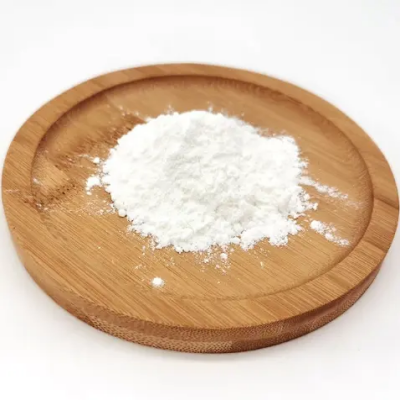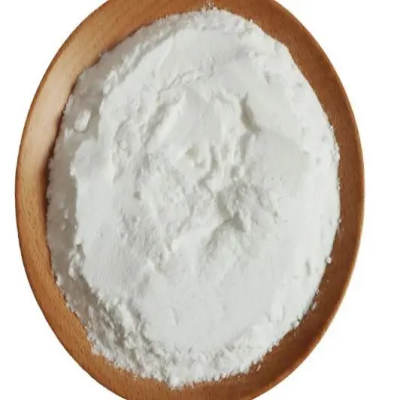Methyl Jasmonate CAS:1211-29-6
Plant defense: Methyl jasmonate acts as a signaling molecule that triggers plant defense responses against herbivores, pathogens, and environmental stresses. It can induce the production of defense compounds, such as protease inhibitors, phytoalexins, and pathogenesis-related proteins. Applying methyl jasmonate to plants can enhance their resistance against insect pests and diseases.
Plant growth and development: Methyl jasmonate plays a role in regulating plant growth and development processes. It can inhibit root growth and promote shoot elongation. It is also involved in regulating flower development and senescence. The application of methyl jasmonate can promote flowering and delay senescence in certain plant species.
Secondary metabolite production: Methyl jasmonate is known to stimulate the synthesis of secondary metabolites in plants. These include volatile organic compounds, essential oils, pigments, and various bioactive compounds. By applying methyl jasmonate, the production of these metabolites can be increased, which is beneficial in industries such as perfumery, pharmaceuticals, and natural products.
Post-harvest quality improvement: Methyl jasmonate treatment is used to improve the post-harvest quality of fruits and vegetables. It can delay fruit ripening, inhibit softening, and enhance resistance against post-harvest diseases and decay. Methyl jasmonate treatment can extend the shelf life and improve the overall quality of harvested produce.
Research tool: Methyl jasmonate is widely used in plant research as a chemical inducer of stress responses and a modulator of plant signaling pathways. It is used to study the molecular mechanisms underlying plant defense, growth, and development. Researchers also use methyl jasmonate to investigate the role of specific genes in plant responses to stress and to simulate environmental challenges.
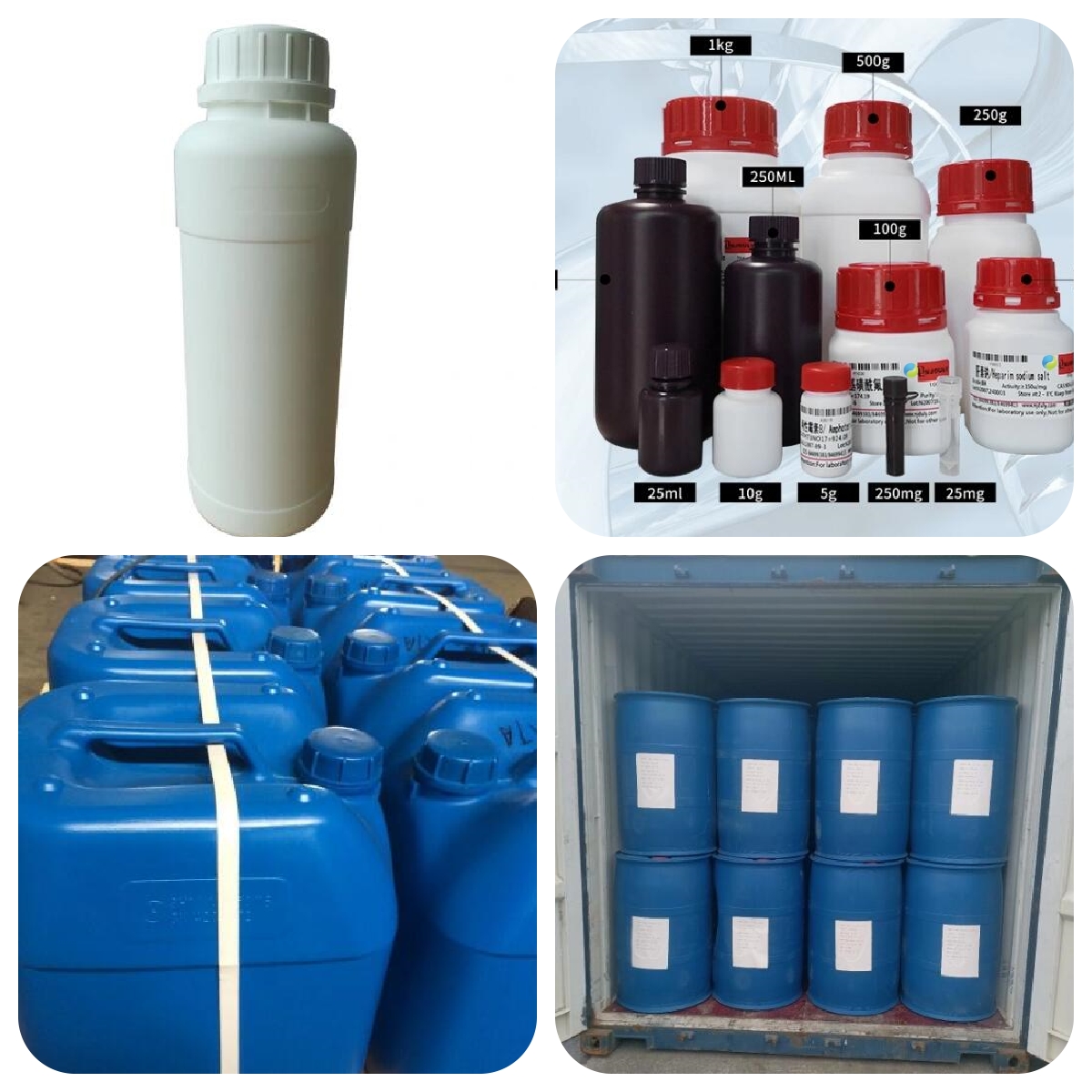
| Composition | C13H20O3 |
| Assay | 99% |
| Appearance | Colorless liquid |
| CAS No. | 1211-29-6 |
| Packing | Small and bulk |
| Shelf Life | 2 years |
| Storage | Store in cool and dry area |
| Certification | ISO. |


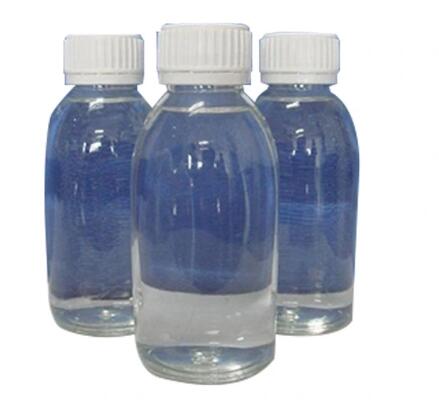
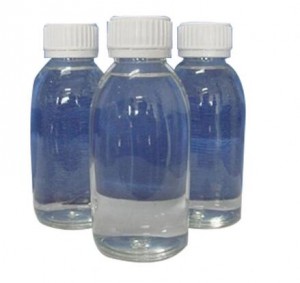
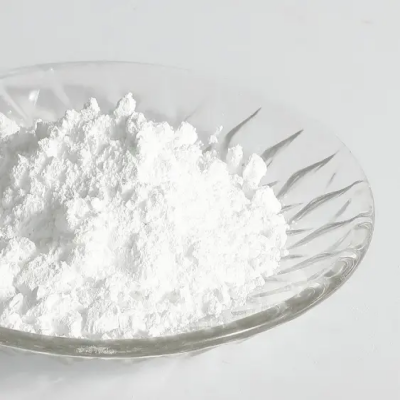
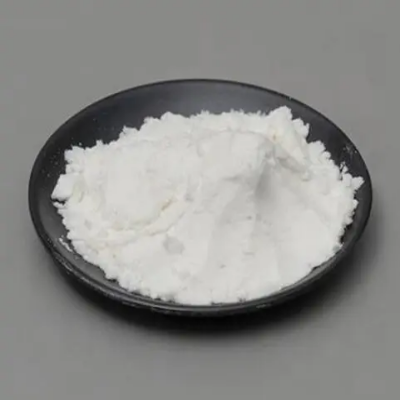

![2-Chloro-8-cyclopentyl-5-methyl-8H-pyrido[2,3-d]pyrimidin-7-one CAS:1013916-37-4](https://cdn.globalso.com/xindaobiotech/20KKQ1ROFEVXI9DUBYB179.png)
